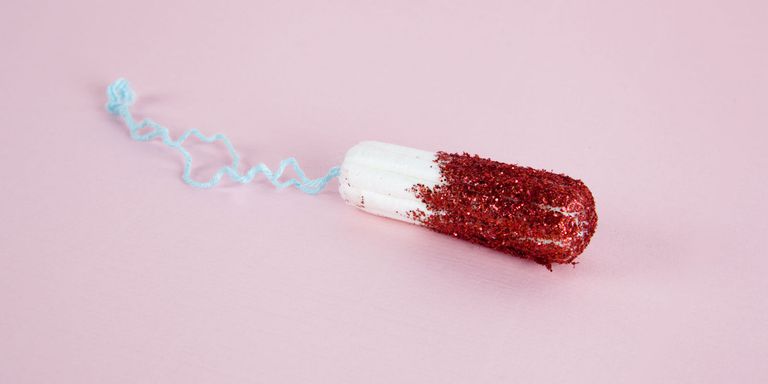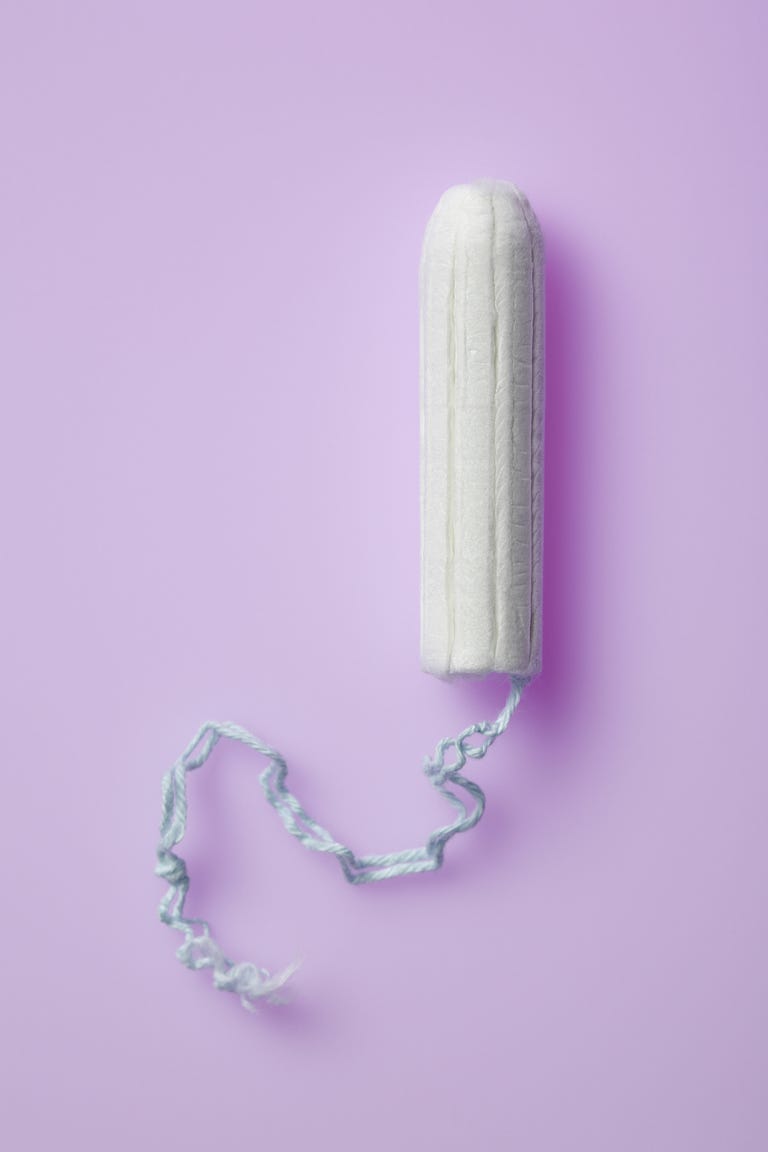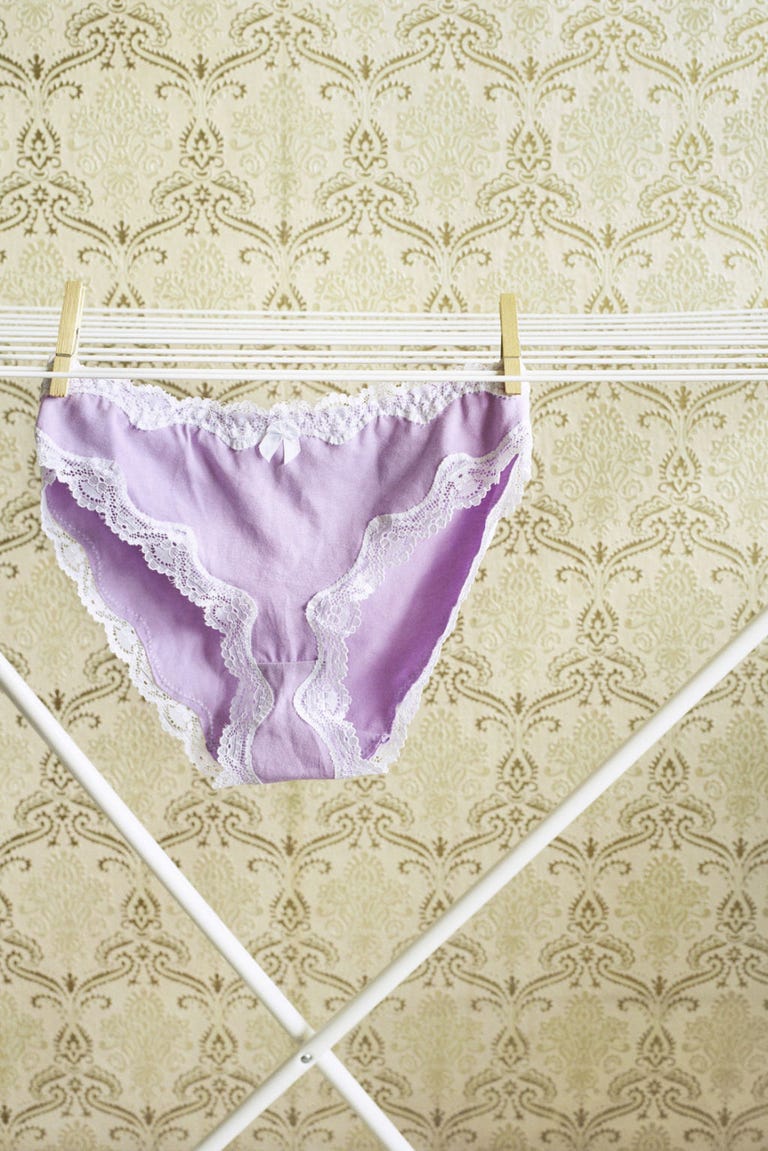
More than one in 10 American women of childbearing age report experiencing pelvic pain in the last six months, and nearly three out of four have dealt with pain during sex at some point in their lives.
But while pelvic pain — a general term used to describe discomfort in the lower-abdomen area — is common, seeking and receiving the correct treatment for it is often not. For example, one in 10 women and girls suffer from endometriosis, but statistics show it takes an average of 10 years to receive a diagnosis from the time of symptom onset.
“Women should never minimize any pelvic pain they’re experiencing, especially as it relates to sex,” states Dr. Sherry Ross, OB-GYN, author of She-ology: The Definitive Guide to Women’s Intimate Health. “There are strategies and ways to really help that piece to pelvic pain because pelvic pain is not normal.”
While increased awareness amongst the medical community is also important, don’t give up hope. “Patients have to be their best advocates when it comes to pelvic pain,” Dr. Ross adds. Talk to your GP or gynecologist if you think you’re experiencing any of the common conditions listed below.
Pain With Urination: UTI
The symptoms are pretty tell-tale. If you feel a burning sensation when you pee, you’ve probably come down with a urinary tract infection. “We’re anatomically more prone to bladder infections because of the way the bladder sits right above the vagina,” explains Dr. Ross. The closeness makes it easier for bad bacteria to get into our system and wreak havoc. Any additional pain you feel in the lower belly might be a sign the infection has spread, so see a healthcare provider right way. A round of antibiotics usually kills off the bacteria effectively, although it’s also worth learning how to help prevent UTIs as well.
Frequent Urination: Interstitial Cystitis
Similar to UTIs, this condition will also have you running to the bathroom frequently. Instead of the burning sensation, however, you might experience a lot of pressure but little urine coming out. Interstitial cystitis is also an inflammation of the bladder, but it’s not caused by bacteria. Menopause or even lifestyle choices like certain foods or caffeine can set it off. According to the Mayo Clinic, no single treatment works for everyone, so you and your doctor will have to find one that’s right for you.
Intense Period Pain: Endometriosis
If you notice intense, severe cramping deeper in the abdomen during that time of the month, you might actually have endometriosis. This is when the tissue that normally lines the uterus grows outside of it, causing painful periods (dysmenorrhea) way worse than your girlfriends might experience. Doctors usually approach this condition with treatment options like medications or surgery.
Deep Pain Once a Month: Ovarian Cysts
If you notice monthly pain that’s not during your period, it might be tied to another part of your cycle: ovulation. Every menstruating woman produces ovarian cysts — fluid-filled sacs in an ovary or on its surface that house eggs — but an abnormal, large, or ruptured cyst can feel like a deep pelvic pain. “It may get worse when you lay flat,” Dr. Ross says.
Sometimes gynos recommend waiting for it go away, but they might suggest removing a growing or painful cyst. Hormonal contraceptives can also help prevent them reoccuring, according to the Mayo Clinic.
Pelvic Pressure and Heavy Periods: Fibroids
Like cysts, many women develop these noncancerous growths, but uterine fibroids can also inflict pain when they start to degenerate. Besides discomfort, you might problems with urination and heavy or long-lasting periods. The location, size, and number of fibroids can affect your symptoms, and the extent of your symptoms will influence which treatment option your doctor advises, including medications or surgical procedures.
Discomfort and Unusual Discharge: Pelvic Inflammatory Disease
This infection often results from an untreated STD like gonorrhea or chlamydia, ultimately leading to pelvic pain and heavy vaginal discharge with an unpleasant odor. “That’s why it’s important to get screenings and use condoms,” Dr. Ross adds. See a doctor straight away if you’re also experiencing a fever or nausea. He or she will probably prescribe antibiotics immediately to prevent the infection from spreading.
Pain During Sex: Many Different Conditions
About 30% of women experience pain with intercourse regularly, but it doesn’t have to be that way. Many things can cause it, from the position of your partner to a bladder infection to psychological concerns. All of the above conditions also list painful intercourse (dyspareunia) as a symptom. That’s why it’s important to talk to your doctor about getting to the heart of the problem and finding a solution. It might be difficult or uncomfortable to talk about, but it’s real issue that no woman should have to suffer through.
[“source=goodhousekeeping”]









